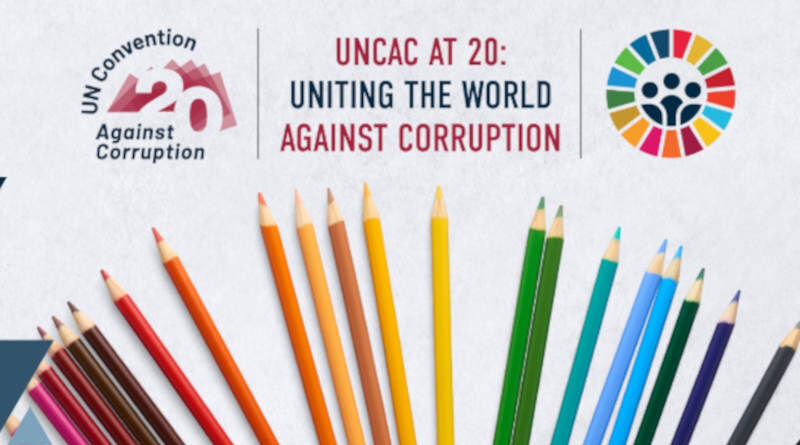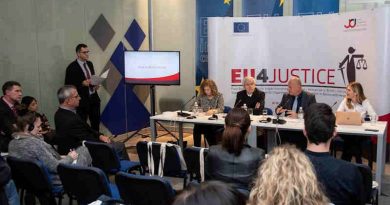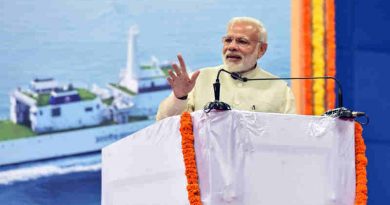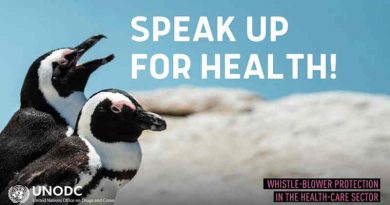Corruption Drains Over 5% of Global GDP: Lachezara Stoeva
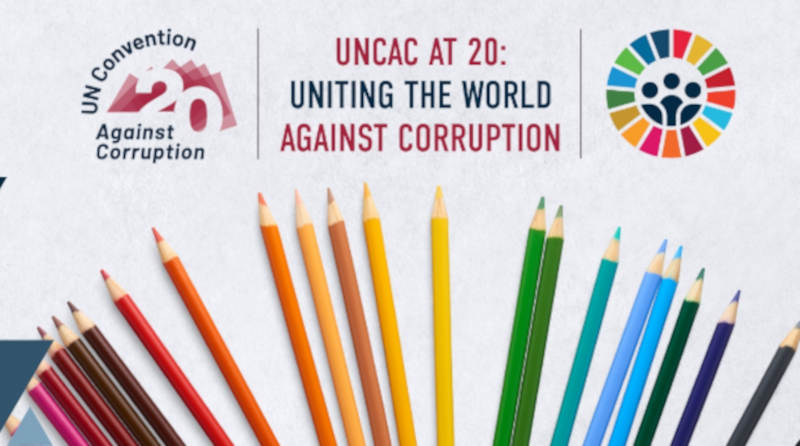
Corruption Drains Over 5% of Global GDP: Lachezara Stoeva
Of the approximately $13 trillion in global public spending, up to 25 percent is lost to corruption.
The President of the UN Economic and Social Council (ECOSOC) observes that corruption and its massive costs have hampered sustainable development in all countries.
However, new measures to combat global corruption are being deployed, Lachezara Stoeva said on May 2 at a special meeting to tackle the scourge and give the 2030 Agenda for Sustainable Development a much-needed boost.
“Corruption drains more than 5 percent of the global GDP,” said Ms. Stoeva. “Of the approximately $13 trillion in global public spending, up to 25 percent is lost to corruption.” That translates into at least $3 trillion for public spending.
Under the theme, Unleashing the transformative power of Sustainable Development Goal (SDG) 16: Improving governance and reducing corruption, the special meeting aimed at identifying concrete solutions to promote anti-corruption practices at all levels.
According to a UN report, participants also reflected on the role of principles for effective governance and highlighted such instruments as the UN Convention against Corruption (UNCAC).
“A resolute response to corruption, anchored in SDG 16, would pave the way for bringing the ambition of the 2030 Agenda closer to reality,” Ms. Stoeva said. “The stakes have never been higher.”
She observed that the costs of corruption are not merely financial, but corruption causes loss of natural resources, exacerbates poverty and inequality, erodes trust and social cohesion, and undermines economic and political stability.
Ms. Stoeva added that corruption also disproportionately affects women, the poor and vulnerable groups, and erodes human capital.
For the effective implementation of all the SDGs, she emphasized that it is imperative to combat corruption, as progress on the SDGs becomes an enabling factor for more effective responses to corruption.
In order to address the challenges, Ms. Stoeva said sustained anti-corruption efforts and tailored approaches that engage multiple stakeholders and combine various international agreements, laws, and conventions are required.
“It is critical to strengthen monitoring and evaluation to improve anti-corruption, gather evidence of effective reforms, and report on progress on SDG 16,” she said.
Insights from the special meeting will provide input to forthcoming gatherings, including the SDG Summit at UN Headquarters in New York in September and the SDG 16 Conference, to be held in Rome in May.

